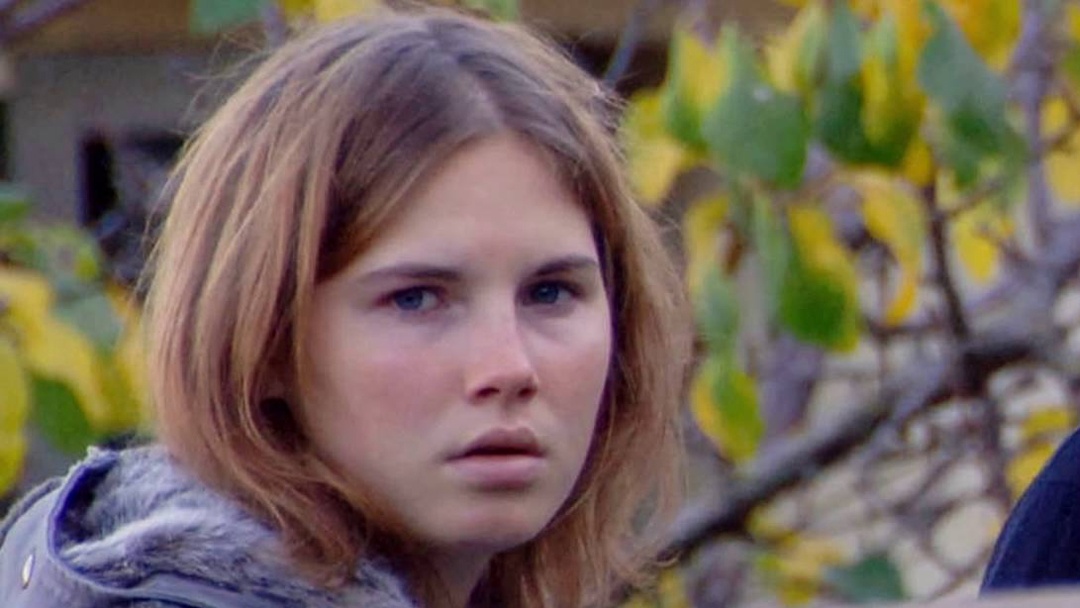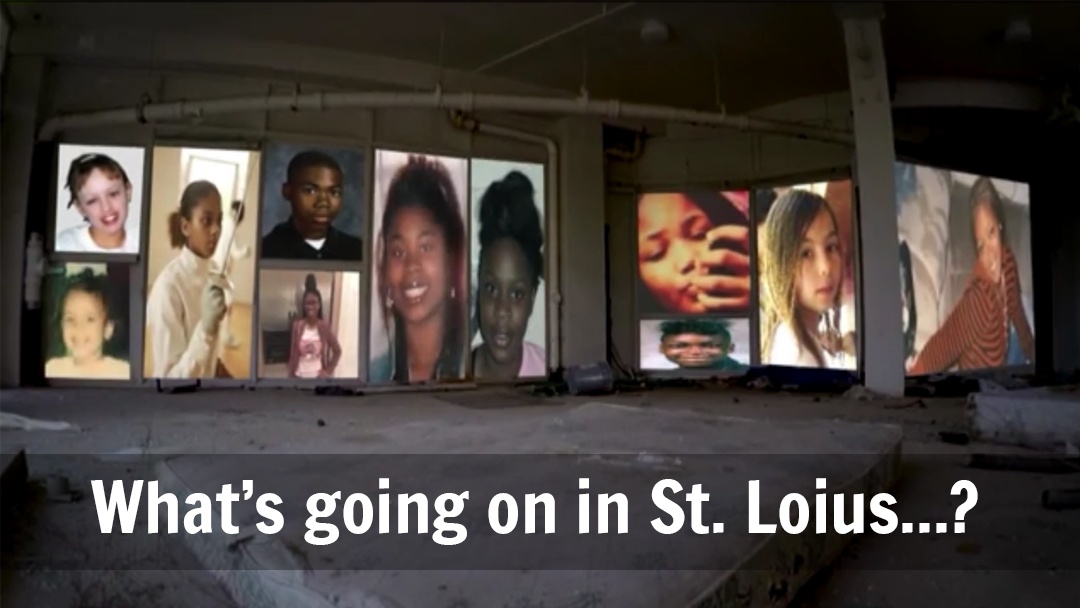She had only been abroad in a small town in central Italy, for a few months, as a foreign student. The babble spoken all around her was just starting to sound like something intelligible, Italian. In fact she’d started a comfortable romance with an Italian guy, and life was looking up.
Until disaster struck.
Amanda Knox, from Seattle, shared a house with several others students, a common practice. When British housemate Meredith Kercher was found murdered, Italian authorities fixed, for whatever reason, on Amanda’s guilt in the grisly crime.
There was never much reason to believe that Knox slit her housemate’s throat, and lots of reason to believe she was not involved. But as an American free spirit, a little out of sync with her Italian town, she made a believable target. The crime, her trial(s), are all superb mystery fodder, addressed elsewhere by MindOverMystery, and we recommend above all the absorbing read which is Nina Burleigh’s “A Fatal Gift of Beauty.”
In this post, we’re marking the tenth anniversary of an extraordinary time in the life of a student abroad. Did she get an education in a foreign country, oh yeah… and how.
Perhaps for good reason, there’s almost never a statute of limitations on murder. It’s considered an offense to society, forever…and partly because the pain of surviving family never goes way.
What we don’t often think of are the accused. Do we feel their pain years later?
Amanda put her thoughts in writing on the tragic anniversary:
“Ten years ago, my friend was raped and murdered by a burglar when she was home alone in the apartment we shared while studying abroad in Perugia, Italy.
When I look back on my memories of Meredith, what I find are beautiful, banal moments we shared in the weeks we lived side by side.
All these memories feel both very close and very distant. Distant, because I have to dig through a decade of suffering just to reach them.
But despite all this, the memories still feel very close, in part because Meredith was my closest friend in a new and exciting time in our lives.”
As you might expect (especially in the Twitter-response age), Amanda’s thoughts are not simply allowed to stand as what they are, a journalist looking back on a grisly murder, and her own battered life in the years that followed.
Everyone had an opinion back then, and everyone has now, on what grieving should look like, on what innocence should look like, on what remembering murder should look like. The Kerchers, bless their souls, are said to be skeptical of Amanda’s published remarks.
 But here’s the double mystery: why are reactions to traumatic events so unpredictable, and highly individualized, and why do we cut ourselves slack while judging the hell out of others? Nancy Grace will convict you for having the wrong look in your eye!
But here’s the double mystery: why are reactions to traumatic events so unpredictable, and highly individualized, and why do we cut ourselves slack while judging the hell out of others? Nancy Grace will convict you for having the wrong look in your eye!
That’s the enduring conundrum. We understand the vagaries of our own emotions, but seem eternally judgmental of the emotions of others. Shouldn’t we know better by now?
A postscript to Amanda: some people will never cease to judge you, ignore them as best you can. You have a lot to offer as a writer, keep on…Go, girl.













